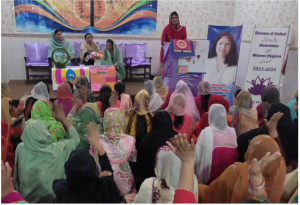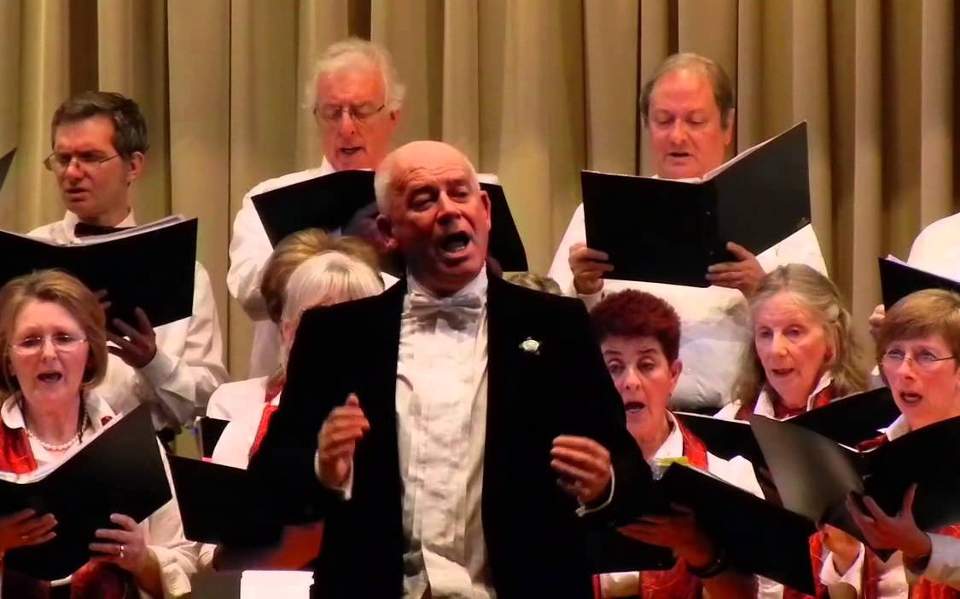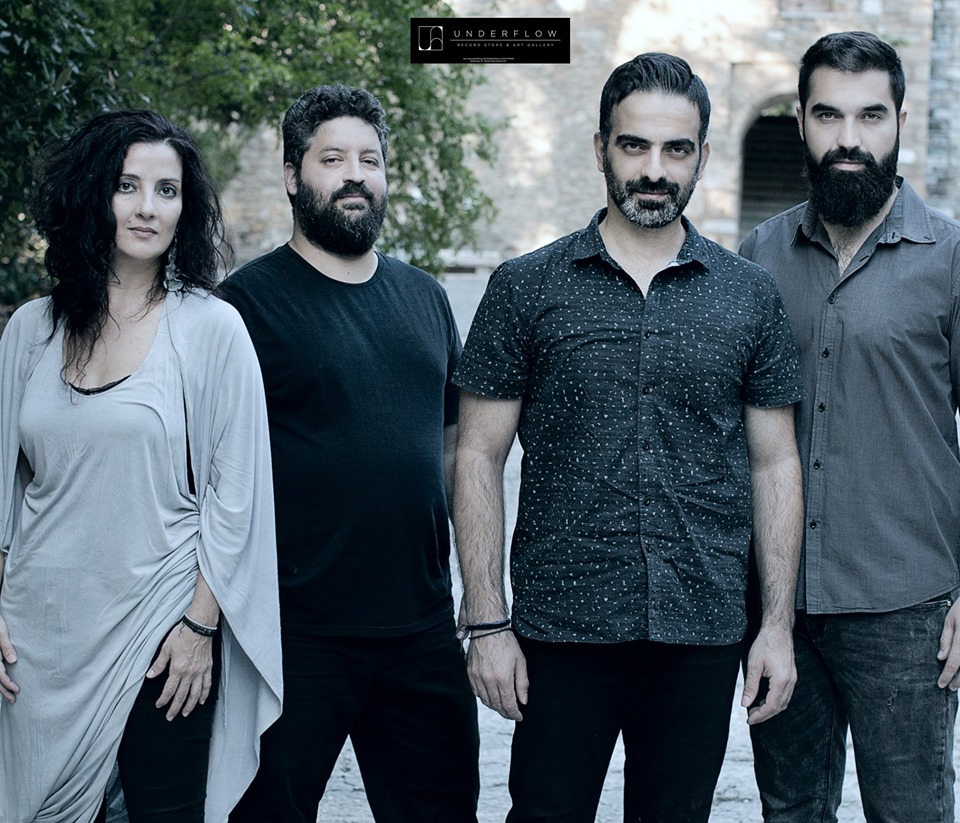

As the Diocese in and for Europe, we are deeply aware of our international context; perhaps we’re also well-placed, then, to think internationally outside Europe itself. I’m delighted to say that we will be supporting this Advent the Anglican Communion Fund of the Archbishop of Canterbury. It exists to make small investments across the church; in the right hands, these can have great impact.
The focus of this year’s work is South Asia, with which I now myself feel a special link, after my sabbatical in that part of the world in early 2023.
Pakistan
Women in Pakistan regularly experience domestic violence, sexual abuse, forced marriages, kidnappings, acid attacks and more. Christian women and girls in Muslim Punjab face discrimination due to their gender, faith, and low position. They are the poorest of the poor, and often illiterate. At risk of forced conversions and false charges under blasphemy laws, they are often unable to stand up against these offences; they often don’t know their constitutional rights.
The Diocese of Sialkot, in Punjab Province, is supporting women and girls. The Bishop’s wife there is leading in teaching women about their rights and protection, for them to pass on to younger women: it is all born of the insight that God has made them wonderfully and fearfully, and it hopes to erase what is often the experienced shame of being female. Sessions on the law of Pakistan educate women about domestic violence and harassment; girls are given strength and confidence to recognise the protections they need.

Young Women in South India
The Covid pandemic took its toll on the economy and the health care industry in South India. The economy is still struggling to recover from the severe lockdown measures. The costs of essential goods has increased, and unemployment is high, with young women particularly vulnerable. At the same time, the need for nursing-at-home and health care support increased further, while the pandemic meant that skilled and educated young people migrated for work opportunities elsewhere.
The Church of South India is responding to these issues by starting a programme for young women aged 18 to 28, particularly from rural areas, to study home care nursing and health care. After completing a basic training course, some will go on to higher level training, and others will work in some of the CSI Mission hospitals. Not only will these young women gain skills and employment, bringing benefit to themselves and their families, but the pool of nursing and health care staff will also increase.
Hpa-An Diocese, Myanmar
A rat plague hit two parishes in the Diocese of Hpa-An, Myanmar in 2022, destroying seed sown and causing a loss of the following year’s harvest. A religious minority, Christians in Myanmar are more vulnerable to poverty, and government structures cannot be relied upon to offer a safety net to struggling families. A grant from the Fund helped the Church to purchase and distribute rice – both to Christian families and to the very poor of other faiths, feeding the hungry and serving as a witness to God’s love in this area touched by conflict, natural disaster and other maladies.

To donate to the ACF Appeal please see the notes below.
Yours sincerely in Christ,
+Robert Gibraltar in Europe
How you can donate to the Bishop in Europe’s Advent Appeal 2023:
By cheque to: Diocese in Europe (Advent Appeal 2023).
Diocese in Europe Board of Finance
14, Tufton St
London SW1P 3QZ
By bank transfer:
Account number: 40317039
Sort code: 20-06-13
IBAN: GB16 BUKB 2006 1340 3170 39
Swiftbic: BUKBGB22
On the Diocese in Europe Just Giving page:
https://www.justgiving.com/diocese-ineurope Or: via your Chaplaincy Treasurer to Nick Wraight in the Diocesan Office – Please add a reference to “Advent appeal 2023” to bank transfers and Justgiving.





















